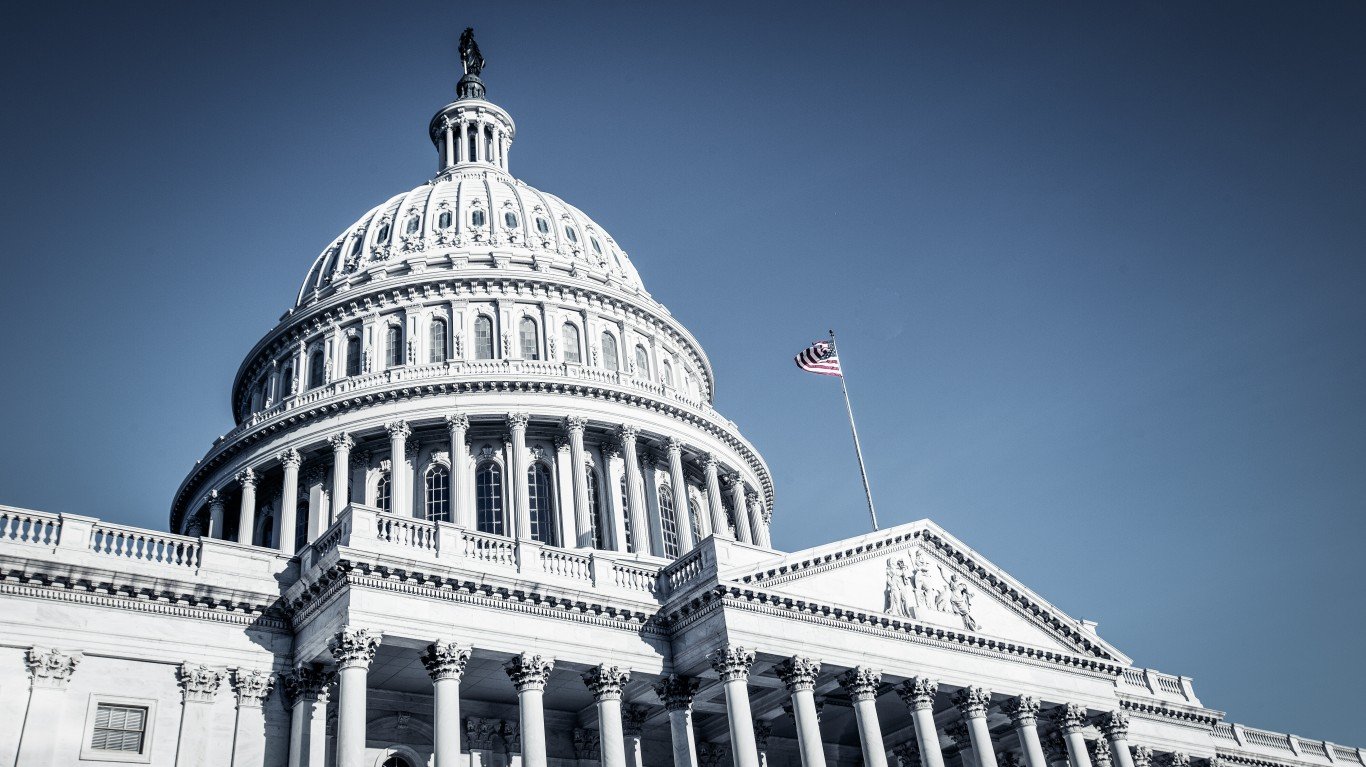

The coronavirus outbreak and pandemic have turned a decent, if not outstanding global economy into a near catastrophe. With millions of people around the world under orders to stay home, economic activity has declined to levels not seen since the financial crisis of 2008. The situation is expected to get worse before it gets better.
When Congress passed and the president signed the Coronavirus Aid, Relief and Economic Security (CARES) Act last month, large businesses, small businesses, individuals and homeowners all got some relief from the effects of the economic slowdown. In the United States, what had been referred to as a stimulus package was in fact a relief package. The legislation is designed to keep families afloat and businesses able to meet their financial obligations for several months.
The Federal National Mortgage Association, better known as Fannie Mae (FNMA), and the Federal Home Loan Mortgage Corporation, aka Freddie Mac (FMCC), were directed by the Federal Housing Finance Agency (FHFA) to notify homeowners affected by the COVID-19 outbreak that they were eligible to reduce or suspend their mortgage payments for up to 12 months. Homeowners enrolled in a forbearance plan will not incur late fees.
Once the forbearance period ends, the servicer “must” work with the borrower to develop a permanent plan to “maintain or reduce” monthly payments, “including a loan modification.”
What’s missing here is some protection for lenders and guarantors like Fannie and Freddie against massive demands for cash. These agencies, too, are short on cash.
What Fannie Mae Is Facing
Mark Calabria, director of the FHFA, told CNBC last weekend that if the coronavirus shutdowns continue for six months or more, the U.S. mortgage industry could face a financial strain from mortgage delinquencies and foreclosures. Much depends on how long the pandemic tramples the U.S. economy.
Foreclosure activity reached an all-time low in February, according to Attom Data Services. Just 48,004 U.S. properties were foreclosed in the month. That won’t last, according to Todd Teta, Attom’s chief product officer:
Many lenders have suspended foreclosure proceedings, so the numbers will most likely continue to drop in the coming months. But after that, we may see an uptick in foreclosures as a result of dramatic economic impacts, such as more homeowners losing their jobs and falling behind on mortgage payments.
Fannie and Freddie hold about a third of the nation’s $1.6 trillion in outstanding mortgage debt. While borrowers are getting a break, loan servicers are still going to have to pay investors who purchased mortgage-backed securities (MBS). The other two-thirds could be an even bigger problem. Calabria called FHFA loans “the first canary in the coal mine” when it comes to the “broader implications” on the mortgage market.
The problem, as virtually everywhere else in the global economy, is lack of liquidity. If 25% of American homeowners have to ask for forbearance on their mortgage payments for six or more months, the cash demands on services would be more than $75 billion and could exceed $100 billion. So says Mike Fratantoni, chief economist for the Mortgage Bankers Association (MBA).
Help May Be on the Way — or Not
In a press release Saturday, the MBA commented:
Policymakers rightly chose to respond, but made mortgage servicers responsible for delivering these government-mandated benefits, and the industry is prepared to supply that relief. The established forbearance framework is appropriate, as it gets help to the most people as quickly as possible. But the scale of this forbearance program could not have been foreseen by mortgage servicers, or fully anticipated by regulators.
Many mortgage servicers are not themselves lenders like banks. These firms are not bound by the capital requirements enacted in the Dodd-Frank legislation that followed the financial crisis. Once again, apparently, the Federal Reserve will have to ride to the rescue. The plan appears to be to establish a liquidity facility to prop up the servicers. Allowing them to fail, as some might argue, would simply add to the chaos.
Congresswoman Maxine Waters, chair of the House Financial Services Committee, believes that help is on the way:
[T]he Federal Reserve already has sufficient authority to create a facility to ensure that mortgage servicers have liquidity. [The CARES Act] builds on those authorities to ensure the Federal Reserve is responsive to this crisis and its actions complement other provisions in the bill, so Congress expects the Fed will act promptly to establish and implement this facility.
In an interview with the Financial Times, FHFA director Calabria indicated that Congress needed to step up. What that implies is a second bailout of Fannie and Freddie.
The two companies combined are levered 240 to 1 and need “all the capital we can muster for ourselves.” That implies a cash pile of around $25 billion. At the rate the Fed is spending now, that could be a rounding error.
Just a few months ago, one analyst rated Fannie and Freddie with upsides of 50% and 40%. Those days are probably gone for some time.
Sponsored: Want to Retire Early? Here’s a Great First Step
Want retirement to come a few years earlier than you’d planned? Or are you ready to retire now, but want an extra set of eyes on your finances?
Now you can speak with up to 3 financial experts in your area for FREE. By simply clicking here you can begin to match with financial professionals who can help you build your plan to retire early. And the best part? The first conversation with them is free.
Click here to match with up to 3 financial pros who would be excited to help you make financial decisions.
Thank you for reading! Have some feedback for us?
Contact the 24/7 Wall St. editorial team.